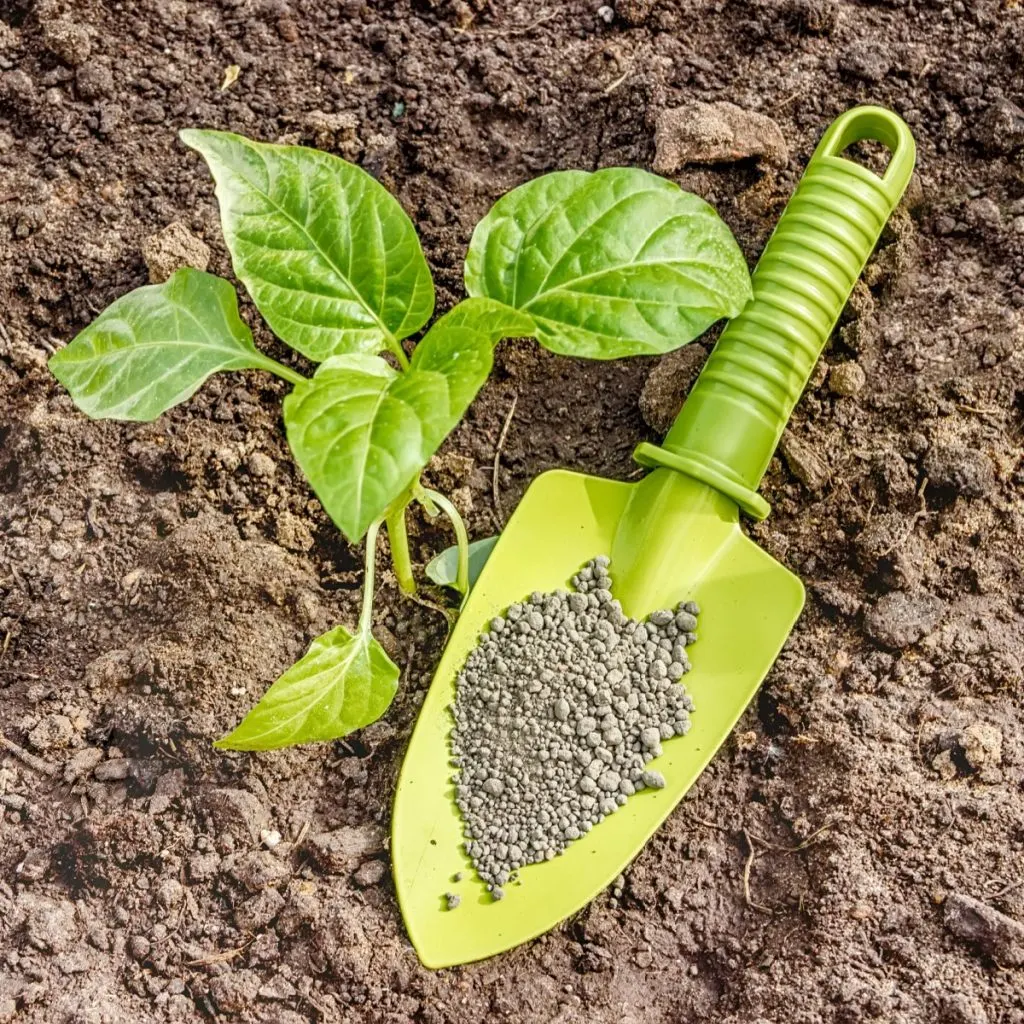Organic Vs. Synthetic Fertilizers: Which Is Best for Supporting Healthy And Balanced Pepper Plants?
In the world of supporting healthy and balanced pepper plants, the choice between natural and artificial plant foods stands as a critical choice with significant implications. While both choices goal to offer vital nutrients to support plant development, the subtleties of their influence on the soil, plant health and wellness, and the environment stimulate a dispute that mirrors throughout the gardening neighborhood. Comprehending the distinct benefits and prospective pitfalls of each plant food type is essential for pepper farmers looking for to optimize their yields while preserving an eco-conscious and sustainable approach.
Advantages of Organic Fertilizers
Organic plant foods provide an environmentally-friendly and sustainable approach to nourishing pepper plants, giving necessary nutrients without making use of artificial chemicals. These natural plant foods are stemmed from natural sources such as garden compost, manure, bone meal, and seaweed, promoting soil health and biodiversity. Unlike artificial fertilizers, organic alternatives release nutrients gradually, making sure a steady and balanced supply for pepper plants to grow.
One considerable advantage of natural fertilizers is their capability to boost soil framework and water retention. By improving dirt health, natural plant foods promote helpful microbial activity, which aids in nutrient uptake by pepper plants. Furthermore, natural fertilizers minimize the threat of chemical run-off, securing water resources from pollution and securing the setting.
Additionally, organic plant foods add to long-term dirt fertility by advertising the growth of helpful soil organisms. These microorganisms aid damage down natural matter, releasing nutrients in a type that is quickly obtainable to pepper plants. best fertilizers for peppers. By fostering a healthy soil environment, natural fertilizers support sustainable pepper growing techniques that benefit both plants and the environment
Drawbacks of Artificial Plant Foods
Synthetic fertilizers, in comparison to their organic counterparts, present different negative aspects when used to nourish pepper plants, impacting both plant wellness and ecological sustainability. One major drawback of synthetic plant foods is their propensity to leach nutrients from the soil rapidly. This quick leaching can bring about nutrient inequalities in the dirt, triggering plants to deal with poisonings or shortages. Furthermore, artificial fertilizers can hurt helpful soil organisms, such as earthworms and advantageous bacteria, disrupting the soil community's balance.
Additionally, the overuse of synthetic plant foods can add to water contamination. Excess fertilizers not absorbed by plants can get rid of into water bodies, leading to eutrophication, where algae blossoms deplete oxygen degrees in the water, damaging water life. In addition, artificial plant foods are normally derived from non-renewable sources, such as nonrenewable fuel sources, adding to carbon discharges and ecological deterioration during their manufacturing.
Nutrient Absorption Contrast
When contrasting natural and synthetic plant foods in terms of nutrient absorption, natural fertilizers have the advantage of offering a much more well balanced and slow-release resource of nutrients. Organic plant foods have a variety of macro and trace elements that are not only helpful for the plants yet additionally advertise healthy and balanced dirt microbial activity, which aids in nutrient uptake.
Moreover, natural plant foods improve dirt structure and water retention capacity, allowing pepper plants to access nutrients much more effectively. This improved soil quality helps with origin growth, enabling far better nutrient absorption. Artificial plant foods, although at first improving plant growth because of their high nutrient concentrations, may impede long-lasting nutrient absorption by derogatory dirt wellness over time.
Ecological Influence Considerations

On the various other hand, artificial fertilizers, although typically more concentrated and immediately why not try here available to plants, can have harmful effects on the setting if not used effectively (best fertilizers for peppers). Their manufacturing calls for high power inputs, resulting in greenhouse gas discharges and contributing to environment modification. The drainage of excess synthetic fertilizers can infect water sources, leading to eutrophication and damaging aquatic ecological communities.
Ideal Plant Food Practices for Peppers
When fertilizing pepper plants, enhancing nutrient uptake and check here minimizing environmental influence are key considerations. To accomplish this, it is necessary to follow best fertilizer methods customized to the certain demands of pepper plants. One crucial method is to do a dirt examination prior to using any kind of plant foods. This test can figure out the pH degree of the dirt and recognize any kind of nutrient shortages, leading you in picking the most suitable fertilizer formulation.
An additional crucial method is to fertilize pepper plants at the best time. Commonly, peppers gain from getting fertilizer at planting and after that once more when they begin to flower. Over-fertilizing can result in nutrition imbalances and harm the plants, so it is vital to adhere to suggested application rates.
Furthermore, choosing a well balanced plant food with an NPK proportion that suits pepper plants' needs is essential. Inevitably, integrating synthetic and natural fertilizers deliberately can assist nurture healthy and balanced pepper plants while reducing environmental effect.
Conclusion

Organic fertilizers use a sustainable and environmentally-friendly strategy to nourishing pepper plants, supplying essential nutrients without the use of synthetic chemicals. Unlike artificial plant foods, organic choices launch nutrients gradually, guaranteeing a balanced and consistent supply for pepper plants to grow.
Synthetic fertilizers, in comparison to their natural counterparts, position numerous disadvantages when used to nourish pepper plants, affecting both plant health and wellness and ecological sustainability. When contrasting organic and synthetic fertilizers in terms of nutrient absorption, organic plant foods have the advantage of supplying a more balanced and slow-release source of nutrients.Moreover, natural plant foods boost dirt framework and water retention ability, permitting pepper plants to accessibility nutrients extra efficiently.